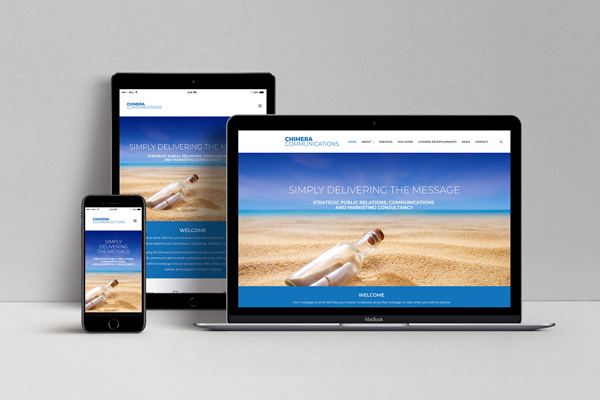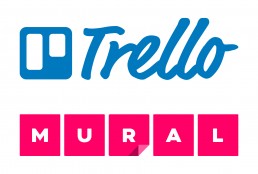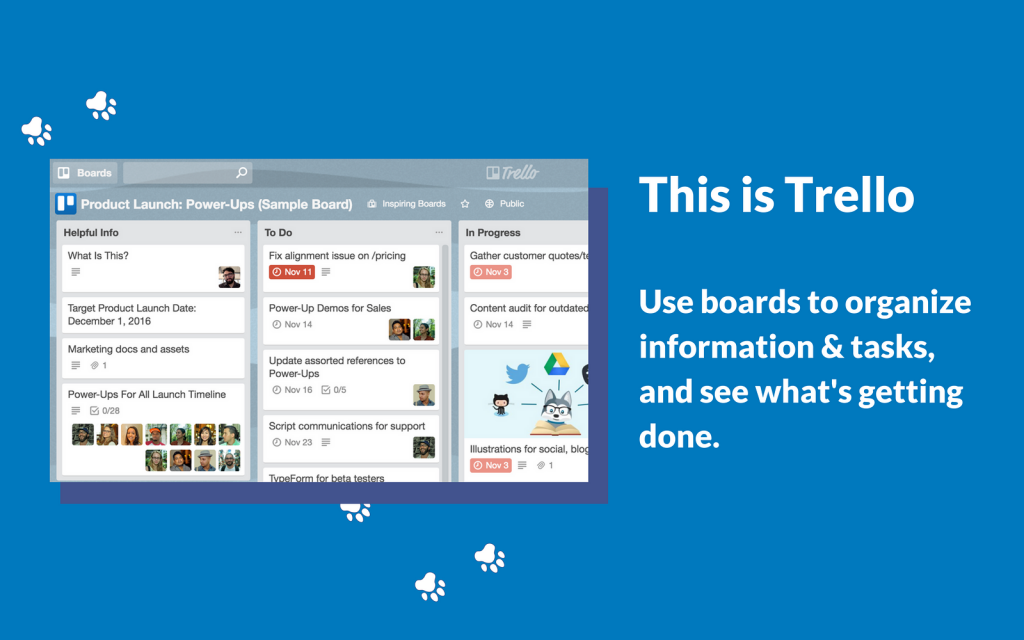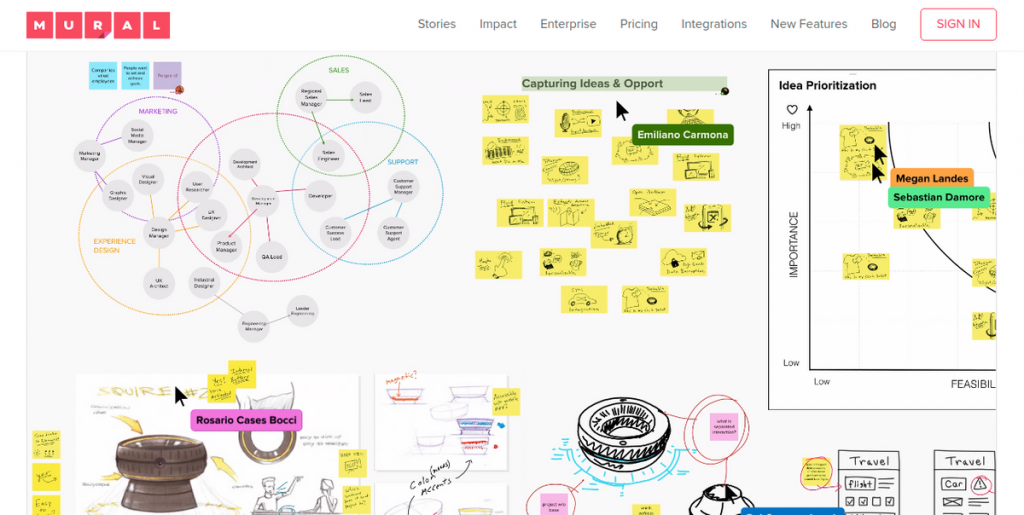Marketing your business – 5 things to do now
Marketing your business – 5 things to do now
With the current Coronavirus situation giving cause for concern about the lack of business trading, it goes without saying that many people are wondering what to do for their marketing.
We have had to change the way we are marketing and the voice and message of it to adapt for the changing times. Invariably with a glut of advice telling what to do it has become overwhelming and causes businesses to hesitate with their marketing. History tells us that in times of recession it's not the time to stop your marketing, rather to increase it.
So with this in mind, we took a step back to look at our own marketing realised that the basic fundamentals needed some attention. Without these building blocks in place you run the risk of any marketing activities, drives and campaigns being ineffective. Here are 5 things you can do now to improve those foundations on which to build your marketing further.
1 – Social Media
Now is a good time to look at your social media profiles and update them to ensure that they work well for you.
You probably already know that social media marketing is important for all businesses. But, simply having accounts isn’t enough. It’s important to align your profile to your ideal clients.
First, keep your account information updated and accurate. If something about your business changes, your social media profile should change, too. Make sure your website, address, hours, logo and photos are all current. Ensure your branding is up to date and consistent. Make sure you describe what you do and who you do it for clearly and accurately.
Second, post fresh content. You must regularly post new content on your social media pages. Don’t create an account and then forget about it. Frequent posts keep you in front of customers’ faces. Post about new products and services, events, industry insights and news and show your followers what you and your business are up to.
Remember to check all your social media channels; LinkedIn, Twitter, Facebook, Instagram, Google My Business, YouTude etc. It’s a good time to also check any listings you have with Chamber of Commerce directories or any other business directories.
2 – Website development
We’ve all had it in mind to revisit our websites and look at what we have written and the services we provide. It’s always good to make sure that you have included any new services or changes to existing ones. It’s equally important to consider whether the content you include is clear, accurate and compelling. Does it speak to you in a matter of fact way or does it speak to you in a personable and friendly way? This can make a big difference to conveying your brand values and encouraging engagement with visitors to your website.
It’s important to understand your value proposition. It’s the reason for existing, the reason to be chosen over your competitors and the promise of value that will be delivered to your customer'.
Why is value proposition important? – If you are unable to communicate your value to your customers, why should customers place value in what you offer? If you are unable to tell customers why they should choose you and why they should pay what you are asking, why would they?
Branding – Is your website up to date and consistent with your branding, is your logo up to date, are you using the same colours and fonts across all your marketing, does the imagery help convey your messaging? If not is might be time for a visual refresh.
Is your website easy to use and navigate and what is the user experience (UX) when they arrive at your website. Can they find what they want, is it easy to get to the relevant pages or is it buried within the website? Do you use a Call To Action (CTA) on pages and posts? Visitors need prompts on the next step to take once they have found what they are looking for.
SEO – Are you being found for what you provide? The content of your website plays an important part in making it SEO-friendly which leads to a better UX. So if you want to be found for specific services or products think about the questions people ask when searching online. Try and build these into the content and think about how you answer their questions. Check whether you are using the perfects keywords, meta tags and descriptions.
Links – Now that you’ve reviewed your content, branding and SEO, there is one thing that many forget to check. Are all the links working on your website? It’s always surprising how many links are incorrectly adding and not checked, or perhaps the link is old and no longer available. It’s work running your website domain name through an online link checker. There are many free broken link checkers, such as Dead Link Checker, that you can use.
Remember, if you are unsure how to implement changes on your website contact your website developer or provider, they should be able to help you. Alternatively, contact us if you don’t have a web developer.
3 – Get testimonials
Your clients are valuable to you in many ways, not least of all in the testimonials for your good work. Before people buy something, they often look for reviews that validate their purchase. People want to know that they’re spending money on quality. And, they want to know if what you have to offer is better than what your competitors have to offer.
Remember as well as using testimonials on your website you can ask clients to submit them to LinkedIn, Facebook, Goggle My Business etc., and that’s good for being found through SEO too.
4 – Research more
Research what your audience wants, and what your industry needs. Research what people are looking for, and create the answers to the questions that they have.
Research is what will make a difference. Research what other people in your industry are doing. Do it better or differently. Use Google, Twitter, LinkedIn or Facebook. Look for what people are talking about and create better content around that.
5 – Get blogging and posting!
You’ve done your research and have ideas about what customers need or want and why you have the answer. So become an expert – you can improve your business marketing by positioning yourself as an expert. Becoming an expert is one of the long-term marketing tactics for small business, but can provide great results.
Link back to your website and think about the customer journey from that first point of contact, whatever it might be, to that point at which you are actually speaking to them. Use visuals too, they are invaluable in gaining attention top you blogs and posts.
Remember to engage with people and businesses. Join in the conversations, ask questions on other people’s posts. It’s just as important as posting your own content in raising your profile and building relationships.
Where do I start with my marketing? Which building blocks do I start with?
Start with one thing that you know you need to do, and do it well. Sucking eggs comes to mind when I say that, but we are as guilty of trying to do everything at once as anyone. It pays to do things logically and methodically in a manageable way, the feel good factor of ticking it off that list is what will spur you onto completing the next task or goal.
So, what’s next when this is all in place…
You’ve diligently taken the time to ensure the basic elements of your marketing channels are up to date, accurate and compelling. Now it’s time to make a strategy and plan to reach those potential clients through the use of your brand proposition, values and messaging in tailored campaigns.
If you are unsure what to what to do next, we'd love to hear from you. Contact us for a free consultation and chat about your marketing your business.
What online productivity apps have helped you?
What online productivity apps have helped you and what do you like about them?
Useful online applications (apps) that help productivity have been on the rise for sometime. Innovation, usage and development ensure they evolve constantly, not least in demanding times.
Productivity apps can help make your work and personal tasks easier and more efficient to complete. Whatever your profession or sector, the right productivity apps can help you reach your deadlines and goals.
Two apps that have really helped us here are Trello and Mural.
Trello
Keeping track of your projects while collaborating with teams of employees, freelancers and suppliers is vital for workflow efficiency. Trello lets you organise your projects into boards where you can see who’s working on what and where they are in a process. It’s a bit like having that project work board up on the office wall, only with this app it’s easy to invite users to interact and update. We’ve found it to be particularly good for workflow and project status. Being able to set email reminders or notes is useful too and the archive facility has also proved really useful on more than one occasion.
Mural
Part of our work process involves a lot of brainstorming and mind mapping, particularly in forming brand and marketing strategies/planning. Mural provides a great space to visually collaborate online with teams, employees and clients. It’s like a digital whiteboard, very visual and allows for lots of sticky notes, charts, diagrams, lists, flowcharts, frameworks and drawings. Very straightforward in its usage, secure and integrates with other apps such as Microsoft Teams, Dropbox, Slack, Excel and Word among others.
We’d love to hear about what works for you and why. In the meantime if you're not already using these apps check them out:









